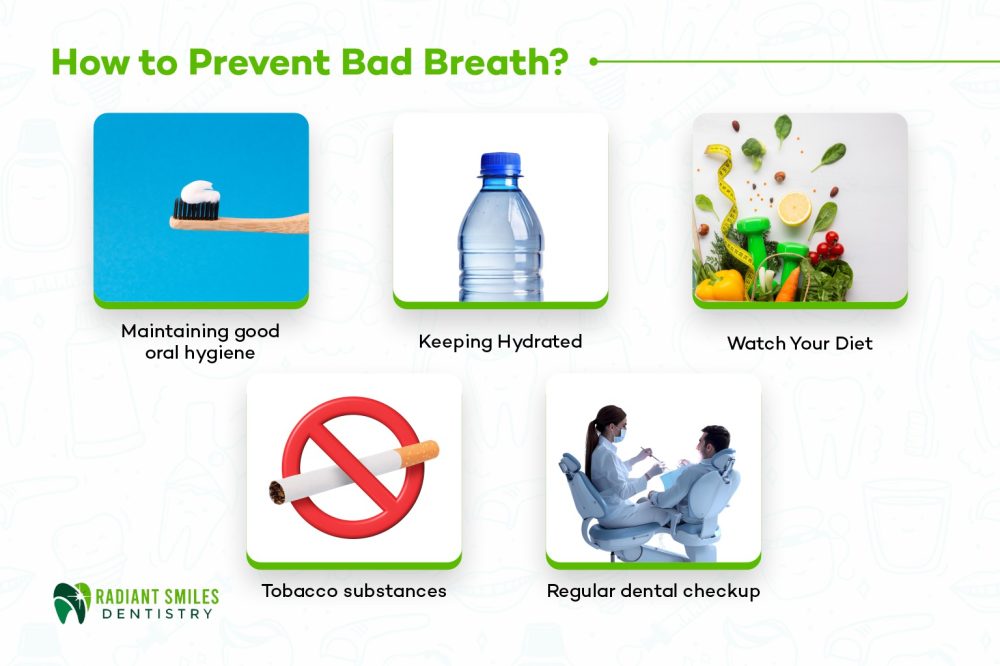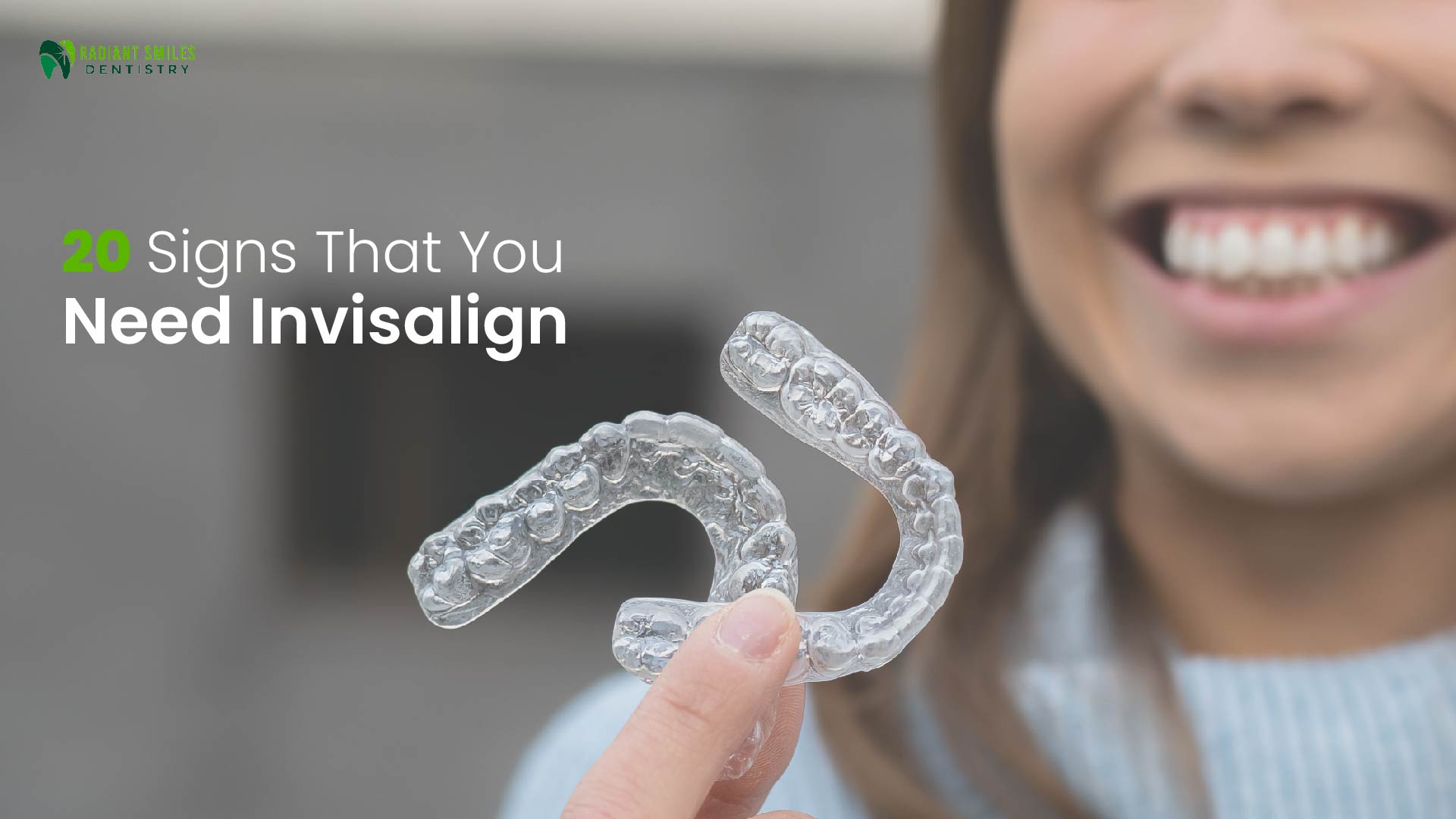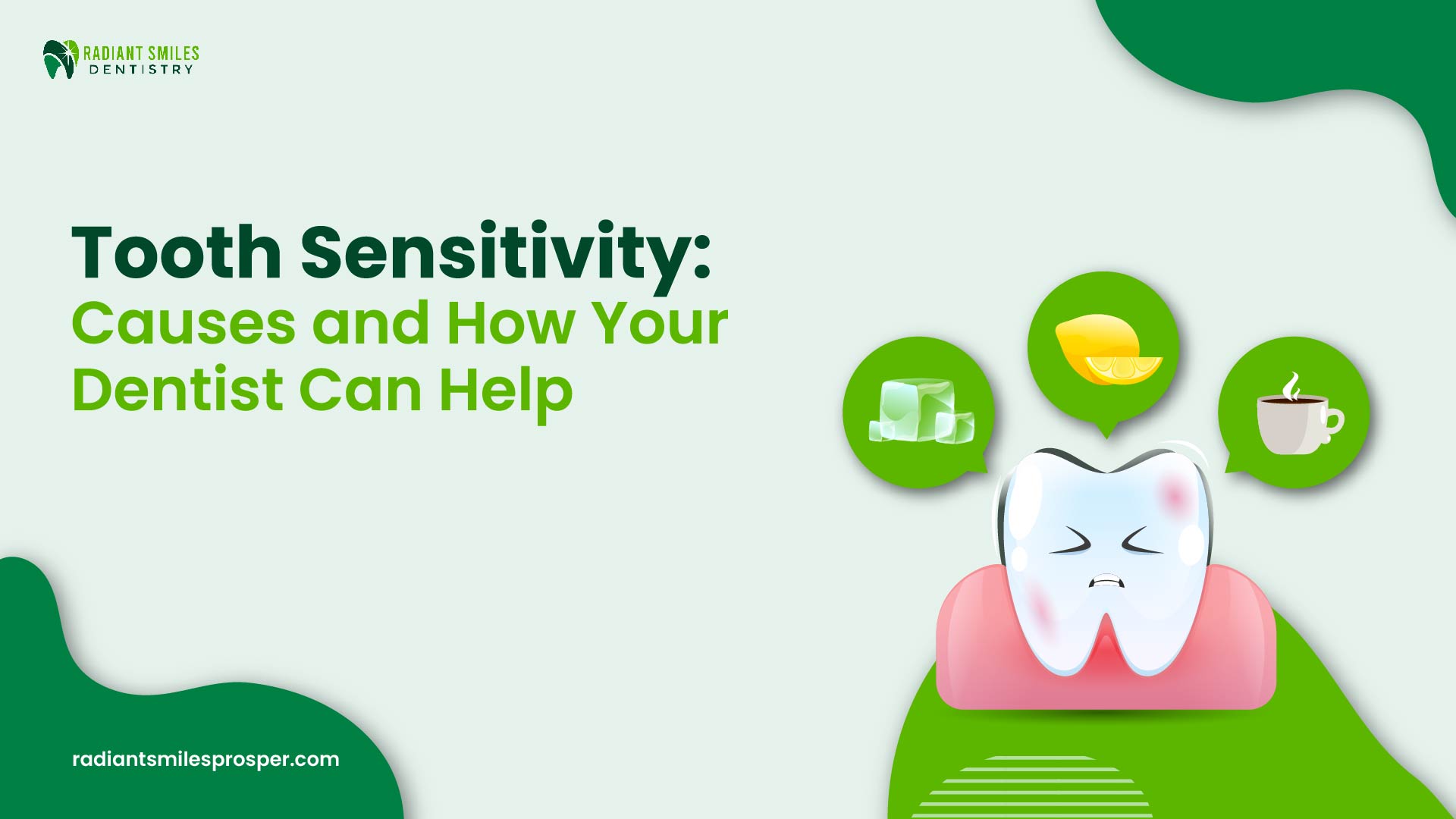Dental veneers are a popular cosmetic option for obtaining a perfect smile,...
From Bad Breath to Fresh Breath: The Role of Professional Dental Care

Introduction
Bad breath, also known as halitosis. This is a common health issue that can be healed at home with dental care. Due to bad breath, embarrassment and discomfort is caused. Poor dental hygiene, unhealthy lifestyles, and poor food choices contribute to this condition. Regular dental checkups and lifestyle changes can help maintain fresh breath and confidence in a smile.
Understanding Bad Breath (Halitosis)
Causes of Bad Breath (Intrinsic vs. Extrinsic)
- Poor oral hygiene: It’s the leading cause of bad breath. One gets a foul smell due to bacteria that is generated due to leftover food particles, for this one should rinse their mouth properly after every meal.
- Gum Disease: Periodontal diseases can cause bad breath. Such conditions result in bacterial infection in the gums and supporting structures of teeth.
- Dry Mouth: One can get tooth decay and bad breath due to a lack of saliva in the mouth. If one’s mouth is dry it is advised to drink more water.
- Diet: Food such as garlic and onions may cause temporary bad breath. Furthermore, crash diets and low-carbohydrate diets can cause the production of ketones, which emits an unpleasant odor.
Tobacco Use: Not only does smoking and using tobacco products cause bad breath, but it also increases the risk of gum disease and other oral health problems.
- Medical Conditions: Medical conditions like respiratory infections, diabetes, and liver or kidney problems, can cause bad breath.
Temporary vs. Chronic Bad Breath
Foods and drinks such as spices, coffee, alcohol, dairy products, fish, garlic and onions, cause transient bad breath, which usually disappears after the substances are metabolized. To eliminate temporary bad breath, maintain a proper oral hygiene routine of brushing teeth and tongue, flossing and, using mouthwash.
Even after following a proper oral hygiene routine, some people still experience bad breath issues that are considered chronic bad breath. This can be caused due to gum disease, respiratory infections, chronic sinus disease, etc. Treating this condition often requires a professional bad breath treatment which involves consulting dental doctor to diagnose and treat the underlying cause.
Signs and Symptoms of Bad Breath
Occasional bad breath is usually not cause for concern or persistent but several cases may need professional dental treatment.
- Persistent Bad Breath: Despite regular brushing, flossing, and mouthwash, if you have persistent bad breath one should see a dentist.
- Gum Disease Symptoms: Gum disease like plaque buildup indicates bad breath. If one has symptoms like red, swollen, or bleeding gums they should consult a dentist.
- Dental Issues: Poorly fitted dental appliances, Cavities, and infections can also be the reason for bad breath. If one has any such issues, they should consult for a treatment.
- Chronic dry mouth: Can be a sign of underlying health problems or a side effect of medication. A dentist can help you determine the cause and recommend treatments.
- Unexplained Changes: If you notice a sudden change in the odor of your breath that does not appear to be related to your diet or oral hygiene habits, it may indicate a more serious problem.
Professional Dental Care for Fresh Breath
The reason one should see a dental expert for fresh breath is that they can conduct a thorough investigation and diagnose the cause of bad breath before giving customized treatment such as deep scaling, gum inflammation control, or medicinal drugs.
How to Prevent Bad Breath?

Besides seeking professional help, you can take the following steps to avoid bad breath:
- Maintaining good oral hygiene: Brushing your teeth at least twice a day, flossing daily, and using mouthwash frequently will ensure good oral hygiene.
Keeping Hydrated: Having enough water in your body helps to moisten your mouth, leading to saliva production.
- Watch Your Diet: Avoid foods with strong smells as well as sugary snacks. Fresh fruits and vegetables help to naturally clean your mouth.
- Tobacco substances: Quit smoking and any other product that contains tobacco to improve the smell of your breath as well as general health.
- Regular dental checkup: Book regular dental check-ups to maintain great oral hygiene and detect any kind of problems early.
Good breath promotes not just self-confidence but also good overall health. It boosts the confidence for social interaction.
Conclusion
Connect with Radiant Smiles Clinic, Prosper, Texas for trusted dental care. We specialize in the provision of comprehensive dental care including diagnosis and treatment of chronic bad breath at our clinic located in Prosper, Texas. Through customized treatment plans designed just for you, our team of dedicated oral health professionals will work towards helping you achieve and maintain a fresh breath.
Frequently Asked Questions About Bad Breath
Is halitosis an indicator of a serious medical problem?
It indicates several other health issues like respiratory infections, diabetes, and gum disease.
Does dry mouth cause bad breath?
Can mouthwash alone combat bad breath issues?
Are there any natural remedies for halitosis?
How do dentists detect the cause of halitosis?
What should I eat or not eat to control my mouth odor?
Does drinking water help with halitosis?
What kind of foods should I take or avoid if I want to keep my mouth fresh?
How often should one visit the dentist to address bad breath?
One should consult a professional dentist quarterly this facilitates early identification and intervention of oral hygiene-related causes for halitosis.
| Recent Blog Post
The Role of Cosmetic Dentistry in Restoring Confidence After Tooth Loss
Dental veneers are a popular cosmetic option for obtaining a perfect smile,...
Tooth Sensitivity: Causes and How Your Dentist Can Help
Dental veneers are a popular cosmetic option for obtaining a perfect smile,...










